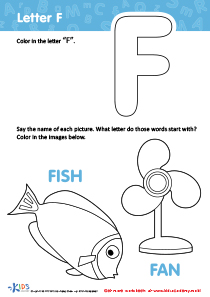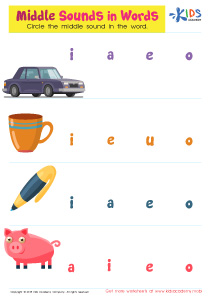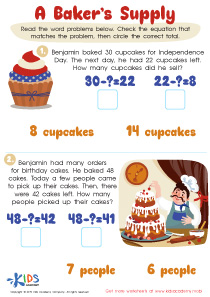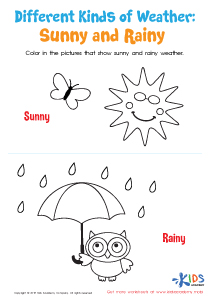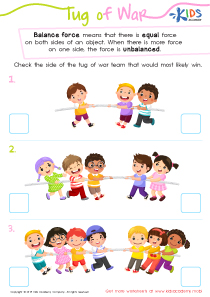Counting to Tell How Many Quizzes for Ages 4-5
5 results
5 filtered results
Clear all filters5 filtered results
-
From - To
Interactive Assessment Quizzes: Counting to Tell How Many for Ages 4-5
Dive into our engaging Interactive Assessment Quizzes tailored specifically for young learners aged 4-5! This series focuses on "Counting to Tell How Many," a crucial foundation in early mathematics. Through a colorful and interactive approach, children are invited to explore numbers and counting in a fun, supportive environment. Each quiz is designed to assess your child's counting skills, offering immediate feedback to reinforce learning. Watch your child’s confidence grow as they master counting, setting a strong base for future math success. Perfect for at-home practice or as a supplement to classroom learning.
In today's digital age, interactive quizzes have become a pivotal tool in enhancing children's learning experiences, especially in foundational subjects like mathematics. When it comes to mathematical development in early childhood, mastering the concept of "Counting to Tell How Many" is crucial. Specifically designed for children aged 4-5, these interactive quizzes offer a unique and engaging pathway for young learners to grasp the basics of counting and understanding quantities.
The "Counting to Tell How Many for Ages 4-5" interactive quizzes are meticulously crafted to cater to the learning needs of preschoolers and kindergarteners. By integrating colorful visuals, engaging narratives, and interactive elements, these quizzes make learning both fun and effective. This innovative approach to teaching counting not only captivates children's attention but also significantly enhances their ability to retain and apply the concepts learned.
One of the core benefits of these interactive quizzes is that they provide a hands-on learning experience. Children learn best when they are actively involved in the learning process. By allowing them to interact with the quizzes through clicking, dragging, and dropping, children become active participants in their learning journey. This interactive participation helps to reinforce their understanding of numbers and counting, making the abstract concept of quantity more concrete and comprehensible for their young minds.
Moreover, the "Counting to Tell How Many for Ages 4-5" quizzes are designed with adaptability in mind. They are tailored to accommodate the varying learning paces and styles of each child. Whether a child is a visual learner, an auditory learner, or a kinesthetic learner, these quizzes offer a variety of engaging methods to teach counting. From counting objects on the screen to listening to numbers being counted out loud, each child can find a method that resonates with their preferred learning style.
Feedback is another critical component of these interactive quizzes. Immediate feedback is provided to the children as they engage with the activities, allowing them to understand what they are doing right and where they may need improvement. This instant feedback mechanism not only boosts their confidence but also motivates them to keep learning and improving. It fosters a positive learning environment where mistakes are seen as opportunities for growth rather than failures.
In addition to individual learning, the "Counting to Tell How Many for Ages 4-5" quizzes also encourage parental involvement. These quizzes can be a bonding activity where parents and children explore the fun of counting together. This not only strengthens the child-parent relationship but also allows parents to be actively involved in their child's educational journey, providing encouragement and support along the way.
In conclusion, the "Counting to Tell How Many for Ages 4-5" interactive quizzes are a remarkable educational tool that can significantly benefit young learners. By combining entertainment with education, these quizzes make learning counting an enjoyable and rewarding experience for children. With their adaptability, immediate feedback, and ability to cater to various learning styles, these quizzes pave the way for a solid mathematical foundation in early childhood, setting children up for success in their future academic endeavors.
